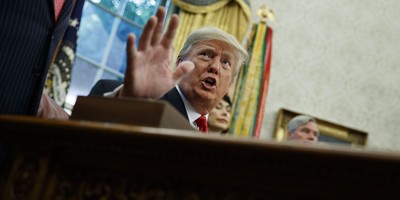Just more proof the “Iron Lady” was a force to be reckoned with. In a recent survey of British members of parliament as to who was the most successful and decisive prime minister in modern times, Margaret Thatcher came out on top.
Politics and international relations undergraduates at Royal Holloway University in London polled 158 members of parliament to rate prime ministers from Clement Attlee in 1945 to Gordon Brown in 2007 on a 10-point scale based on 12 traits. Thatcher earned the highest score with 7.4, just beating Attlee’s 7.3, as well as Tony Blair’s 6.8 and Winston Churchill’s 6.5. Her high scores were largely thanks to her bold decisiveness as a leader.
“As well as being judged the most successful prime minister, she also elicited the widest range of responses. In death as in life the Iron Lady remains a divisive figure, idolised by some, condemned by others.”
Baroness Thatcher was a champion of the free market and individualism, once declaring, “There’s no such thing as society. There are individual men and women and there are families.”
Her dedication to free market ideals are explained well by Roger Bootle in The Telegraph, who described Thatcherism as “A vision of individuals, or at most families, atomistically pursuing their own self-interest, in competition with one another.” He continues:
Surely Thatcherism’s greatest achievement was the freeing up of the labour market. The UK has gone from one of the highest unemployment rates in the developed world to one of the lowest.
There were three aspects of the transformation: the privatisation of large parts of the economy, as referred to above, which brought large numbers of workers who had previously been subject to the political process into the ambit of market forces; a programme of legislative change which weakened the powers of trade unions and increased employers’ flexibility, and the all important fact on the ground – the defeat of the miners’ strike in 1985.
Recommended
Thatcher’s message of self-reliance contrasted strongly with the prime minister she narrowly beat in the MP survey. Clement Attlee was a Democratic Socialist whose administration introduced the National Health Service and nationalised one fifth of the British economy. Yet, despite Attlee’s successful reforms, the polled MPs still chose Thatcher and her conservative method as most effective.
It appears even our British friends recognize that conservatives are the most qualified to get the job done.

























Join the conversation as a VIP Member